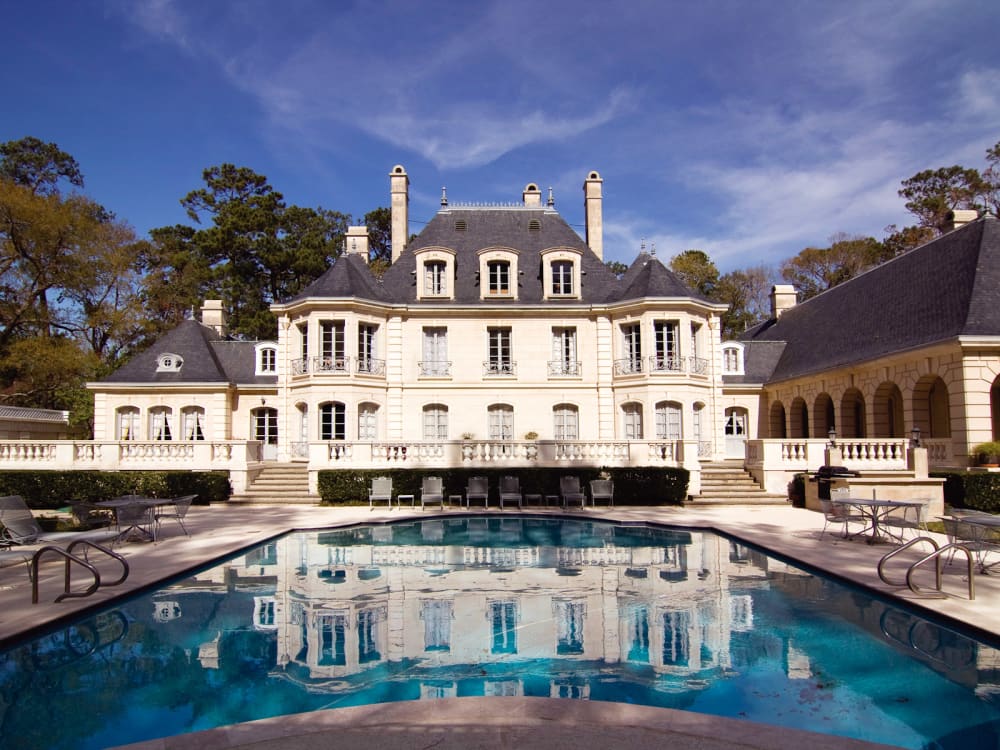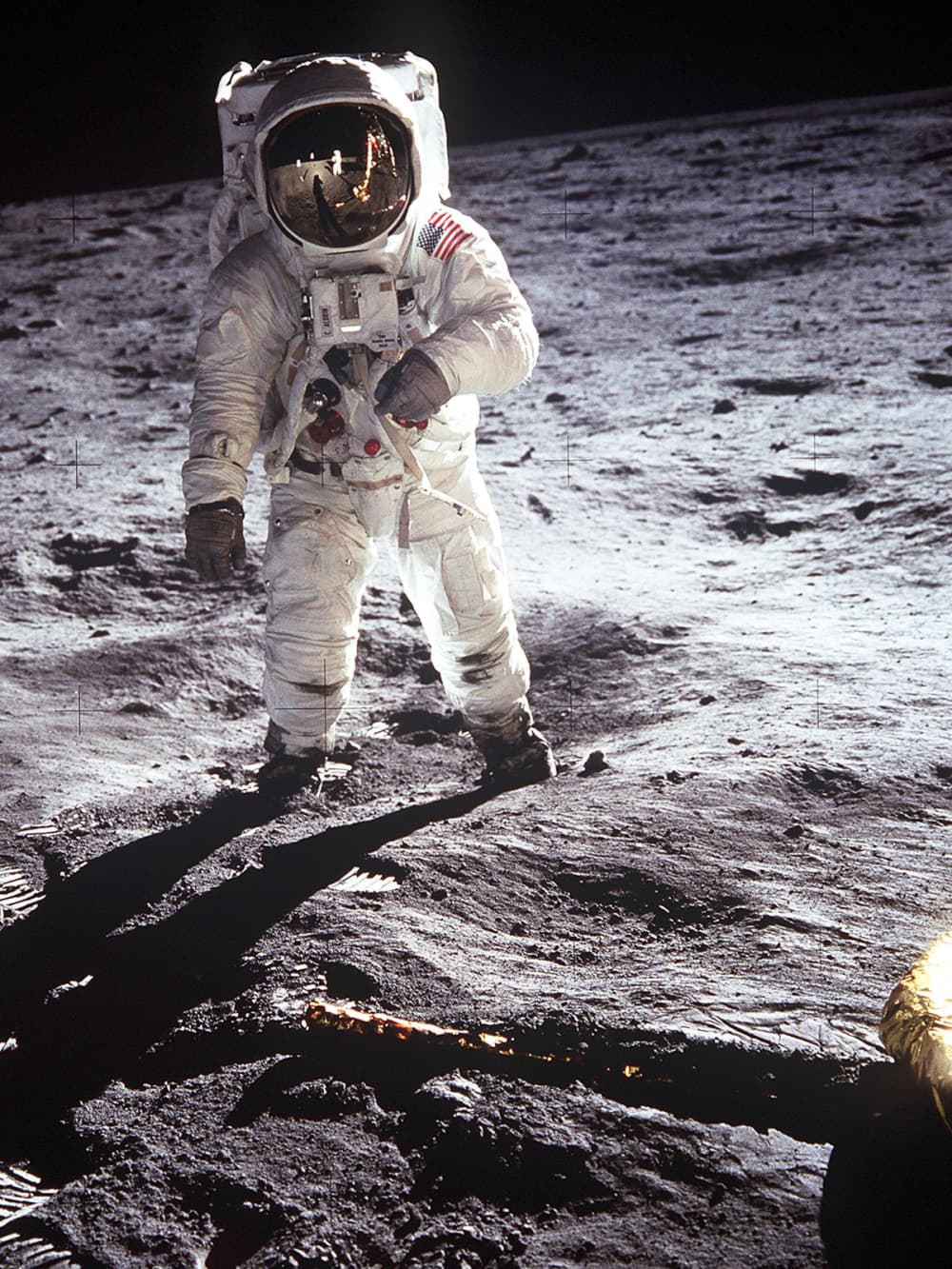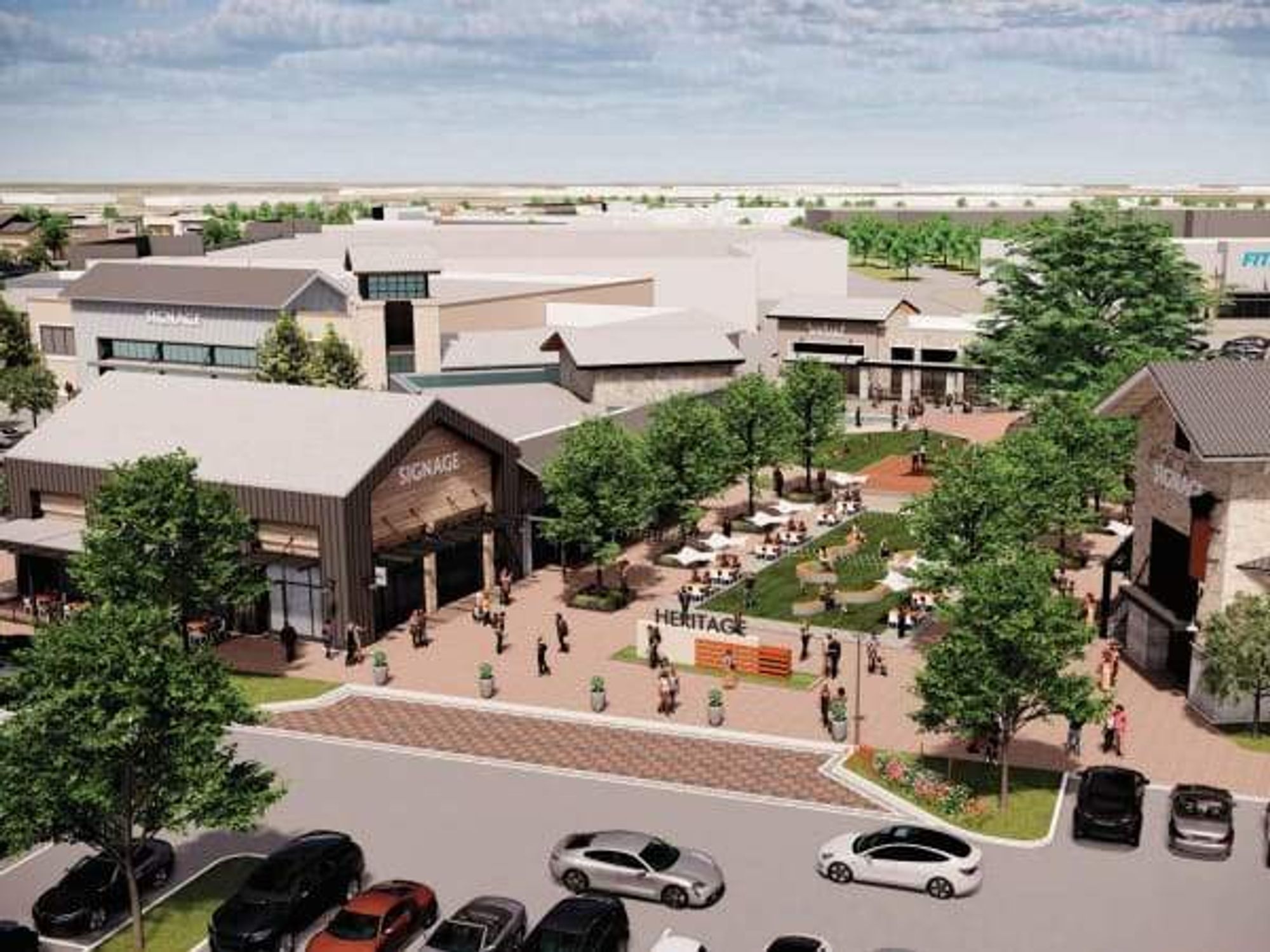"I love selling Houston"
Monster mansions are on the way out in Houston, flair is in, real estate CEORobin Mueck predicts
 The truly outrageous mansions are fast becoming a relic of another Houston time.
The truly outrageous mansions are fast becoming a relic of another Houston time. Robin Mueck, president and CEO of Heritage Texas Properties, sees the focusshifting to livable places with tons of high-tech amenities and naturallighting.
Robin Mueck, president and CEO of Heritage Texas Properties, sees the focusshifting to livable places with tons of high-tech amenities and naturallighting. Green houses that use their environment are another wave that's already started.
Green houses that use their environment are another wave that's already started. Mueck got her start selling Clear Lake pads to astronauts.
Mueck got her start selling Clear Lake pads to astronauts.
During more than three decades in the Houston real estate business, Robin Mueck has seen it all. She got her start in Clear Lake selling homes to astronauts in the '70s before marketing the first gated communities in Memorial. She survived the real estate bust of the '80s, the real estate boom in the '90s, and the ups-and-downs of the market in the first decade of the 21st century.
In 1999, Mueck merged her House Hunters agency with Zarr Properties into Heritage Texas Properties and has since incorporated such boutique firms and agencies as Acker-Blum, Morgan Personette and Royal Oaks Fine Properties. Having 13 locations and more than 300 agents spread out all over town has cushioned some of the vagaries of the real estate market.
"You can't pursue real estate the same way close-in as you can in a suburban location. You can't support real estate in an urban location the same way you can for farm-and-ranch," she said. "They all have unique and distinct differences."
During a wide-ranging discussion in her 12th-floor conference room with a view of Memorial Park, Mueck retained the sunny-eyed optimism common to successful real estate agents as she offered her assessment of the Houston market, along with some practical advice about how to navigate it. Among the topics we covered:
Why it's still a good time to buy a house
- On a scale of 1-10, Mueck places Houston a solid eight in real estate sales across the nation. "We're absorbing inventory and there have been only marginal changes in sales prices. When you compare us to other places in the country, it's like the difference between night and day."
- The market for entry-level homes under $150,000 has been hot for the last several months around Houston. "The good news about that is that causes the next level to move up, so it has a domino effect," she said. Such home sales have been stimulated by federal tax incentives that recently expired.
- Properties in the $300,000-$500,000 range in a good location and pristine condition are spurring bidding wars, even in the tough economy.
- In the last two months, the luxury market has begun to move. Prior to that, the market for $500,000 months sat stagnant for months and homes selling for a million dollars or more fell 40 percent in 2009. Prices remain softer at the upper end, particularly if there are other houses in a neighborhood for sale. "Everything is about positioning and pricing," she said. "If you know you're competing with 10 listings in five blocks, you have to position the price to be the one that the buyer chooses to be the most desirable."
- Oil worries sparked by the BP spill and the jittery stock market continue to affect sales. "With interest rates as low as they are, it makes it affordable for anyone to purchase a home. But if the stock market is not performing consistently, it causes people to sit on the fence. And the challenge will be for those who really understand the market is to not sit on the fence too long or they'll miss the opportunity to buy at the very best price," Mueck said.
- As the city continues to add jobs, the relocation market is an important part of business. "There's still incredible value in Houston," she said. "People who come here from other places are blown away about what their money will buy."
How Houston survived the downturn
Houston has survived the downturn better than many cities because we've been there before. "We learned from the (oil bust in the) '80s not to overbuild," Mueck said. "So there hasn't been as much housing stock to absorb."
And, due to more restrictive laws in Texas, Mueck believes lending practices were better managed than in other parts of the nation. "I don't think we were loaning irresponsibly in mass," she said.
When it comes to new construction, builders have been willing to throw in concessions to seal the deal. "Builders are very willing to make the buyer discern between this property and that property," Mueck said. "As time goes on those concessions will be less and less."
Recent improvements on the Katy Freeway and the opening of the Westpark Toll Road allows access to in-town locations, so Mueck expects the construction of planned communities in outlying areas to pick up once the economy does because land remains affordable. Already Cypress is a hotbed of construction, with Bridgeland and Towne Lake master planned communities.
What the future holds
Although you can't tell it by current construction standards, Mueck predicts that there won't be as many enormous properties built in the future. "There will always be mansions, but they won't be as grand," she said.
She believes buyers will demand compact properties that are high quality, high tech and low maintenance.
"When you look at land values, whether it's Memorial Villages or inside the loop, once we get past the challenges of financing, you're going to see this surge again," she predicts. "Houses are going to have flair, with beautiful architectural design as we've never seen before and natural lighting. We're going to see more of this green element — (people saying) 'I want light, nature, I want to see more of the outside world.'"
Inside the loop locations are going to hold their value because, for all their love of the automobile, Houstonians don't want to spend all their time in a car. On the west side, anything with "Briar" in the title will do well, because of proximity to the Katy tollway, the energy corridor, the CityCentre development and Memorial City Medical Center. The Woodlands and Sugar Land have become self-contained communities, with jobs and amenities in a contained area.
All this makes for an exciting future, Mueck believes.
"I love selling Houston," she said.
